The low rate of growth was for the most part achieved through goods alien to the industry that were sold in the DIY stores. That is an important fact, since the DIY stores now provide 71 per cent of total DIY sector sales. GfK reports that bathrooms and plumbing still form the mainstay of sales in the DIY stores, but the “miscellaneous” entry has been responsible for astonishing rates of growth since the year 2000 and now contributes 8.1 per cent of total DIY sales. The garden section with a 9.4 per cent share on average is also worth noticing, especially in April/May when it reaches as much as 20 per cent. What is more, the DIY stores have a substantial share of the garden segment’s overall sales, amounting to 22.4 per cent in 2004. The DIY stores’ share comes to 33.2 per cent if live plants are left out of the calculation. The remaining two-thirds are generated by the garden centres. The DIY stores achieve an 11.8 per cent share of total sales of live plants within the scope of special offers.
The DIY landscape saw little change in 2004. The DIY league table in terms of numbers of outlets is headed by Gamma with 147 stores, followed by Praxis and Karwei, which both increased by four stores. Hubo, Doeland and Fixet Klusmarkt determine the order among the small stores. Hubo has 201 stores, Doeland 100 and Fixet Klusmarkt 72. Even though the total number of DIY stores in this format is slowly going down, it is not moribund: Formido opened its first small-format outlet just last summer. What is more HDB, Hubo’s parent company, acquired the hardware channel Idee-voor-Vakwerk. The majority of members will change over to the Hubo format, which means that the small-format store is continuing to enjoy popular support in the Netherlands.
In the green DIY segment the previous year’s newcomer, Uw Groene Vakzaak, has grown to 37 outlets, whereas Agri Retail, the leader for many years with its Boerenbond and Welkoop sales channels, started the year with 45 fewer outlets.

 Menü
Menü
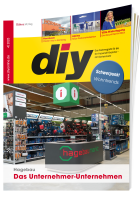




 5/2005
5/2005
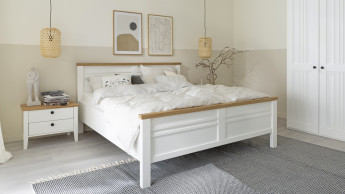



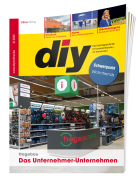

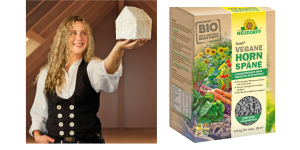


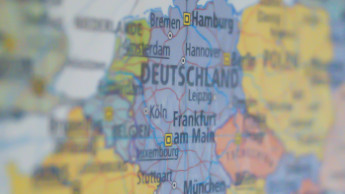
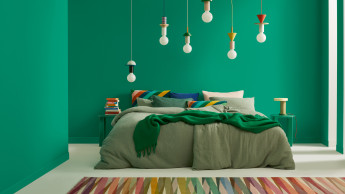
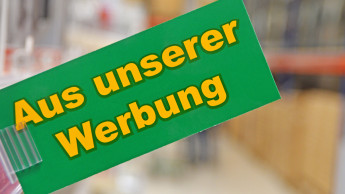
 Newsletter
Newsletter